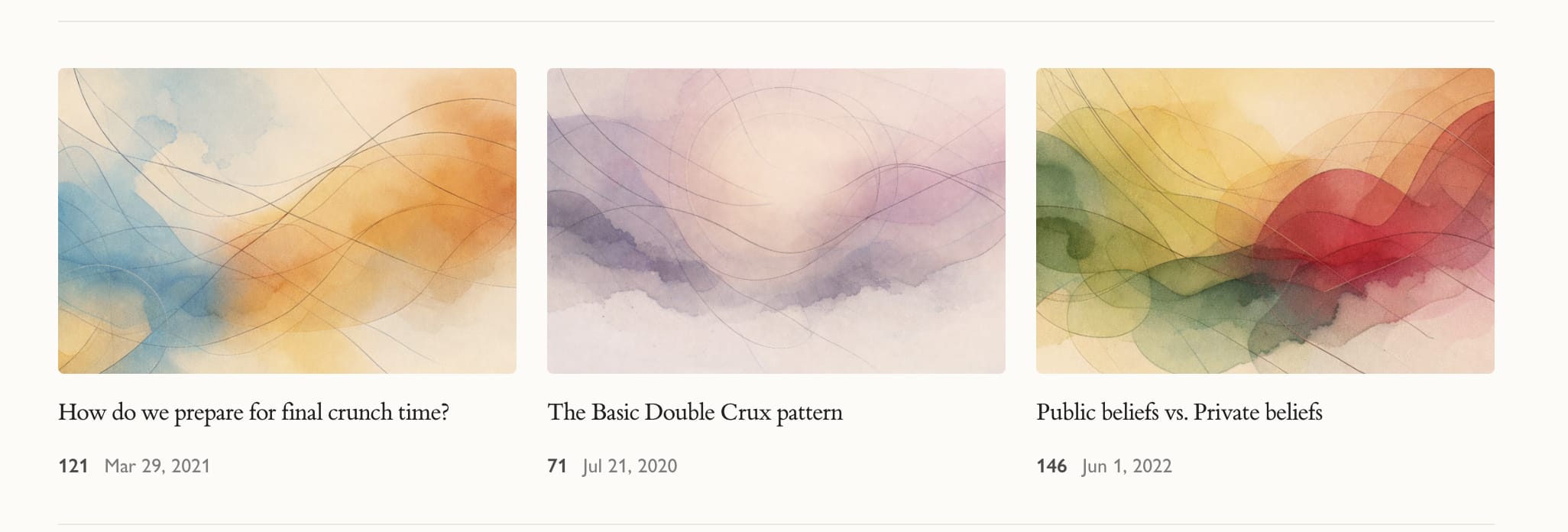Historical mathematicians exhibit a birth order effect too
[Epistemic status: pilot study. I'm hoping that others will help to verify or falsify my conclusion here. I've never done an analysis of this sort before, and would appreciate correction of any errors. A previous version of this post has some minor errors in the analysis, which have since been corrected. Most notably, deviation from expected rate of first borns was originally noted as 14.98 percentage points. It is actually 16.65 percentage points.] A big thank you to Dan Keys for working through the statistics with me. Follow-up to: Fight Me, Psychologists, Birth Order Effects are Real and Very Strong, 2012 Survey Results Since the late 1800's, pop psychology has postulated that a person's birth order (whether one is the first, last, middle, etc. of one's siblings) has an impact on his/her lifetime personality traits. However, rigorous large-scale analyses have reliably found no significant effect on stable personality, with some evidence for a small effect on intelligence. (The Wikipedia page lists some relevant papers on birth order effects on personality (1, 2, 3) and on intelligence (1, 2, 3).) So, we were all pretty surprised when, around 2012, survey data suggested a very strong birth order effect amongst those in the broader rationality community. The Less Wrong community is demographically dominated by first-borns: a startlingly large percentage of us have only younger siblings. On average, it looks like there's about a twenty-two percentage point difference between the actual rate of first borns and the expected rate, from the 2018 Slate Star Codex Survey data Scott cites in the linked post above. (More specifically, the expected rate of first-borns is 39% and the actual occurrence in the survey data is 62%.) The 2012 Less Wrong survey also found a 22 percentage point difference. This effect is highly significant, including after taking into account other demographic factors. A few weeks ago, Scott Garrabrant (one of the researchers at MIRI) off-han


Hm. I'm not sure if this is true?
There may be much better things to buy in in the future. And if money remains valuable at all through the singularity, there are likely to be enormous returns to being invested in the market.
If I could spend 1,000 dollars today, or save that 1,000, and have it turn into 1,000,000 dollars in 2040, where there will categorically different and better things to buy, I probably want to save it.[1]
And if I can save 1000 dollars today, which will... (read more)